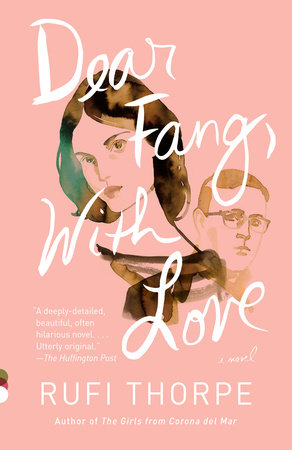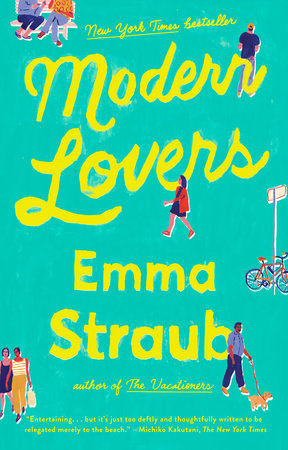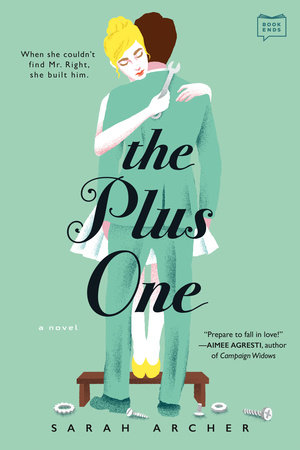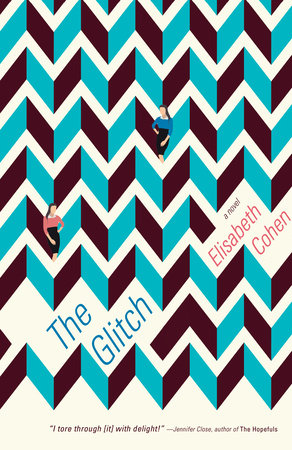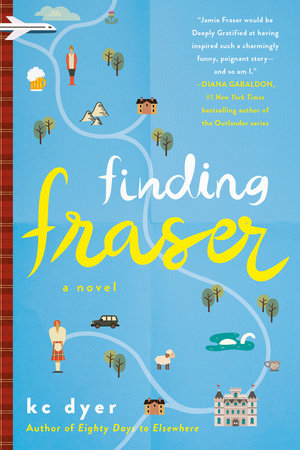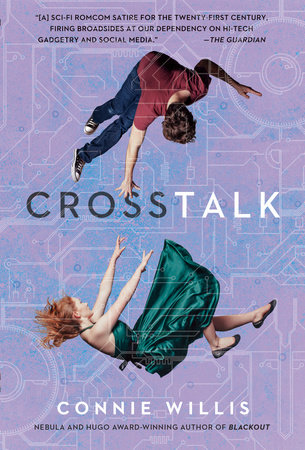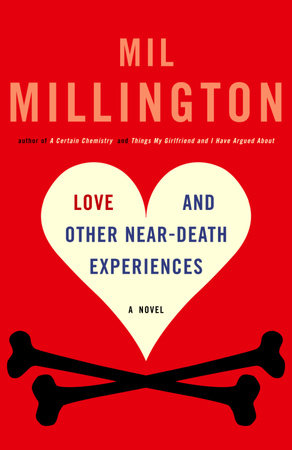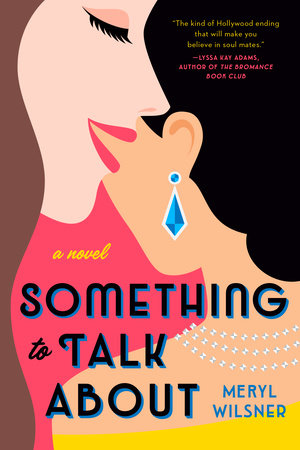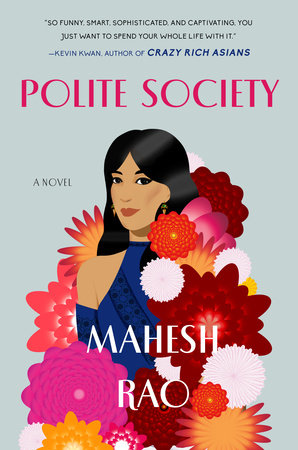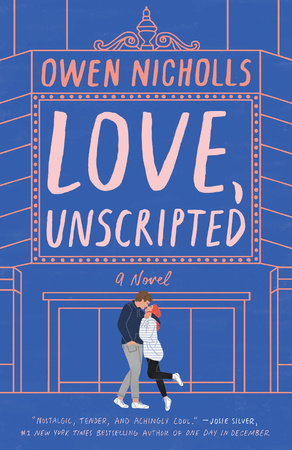Q: Can you describe your visit to Lithuania, and what about the country stuck with you enough to set DEAR FANG, WITH LOVE there?
A: I went to Lithuania as part of a writing program with Summer Literary Seminars, run by Mikhail Iossel. I had absolutely zero knowledge or understanding of Lithuania, so I just sort of arrived in a haunted city in the middle of a forest. Lithuania, and Vilnius in particular, is an exceptionally strange place and has a certain reputation and self-image as a pagan, unearthly, magic place. The history is very complicated, the cultural roots are both tangled and deep, the violence and political oppression the country has seen are a bit beyond the American imagination. And there I was, just sort of stumbling through it, thinking, “Why didn’t I know about all this?” I fell in love with it. I suppose setting a book there was just an excuse to learn more about it, a refusal to let the trip end when after a few weeks I had to return to the US.
Q: You undoubtedly have a strong connection to California–you were raised there, much of your first book took place in Corona del Mar and now you are raising your family there. What was it like to write about an entirely new place in this book?
A: In a lot of ways, even though the action of the book takes place almost entirely in Vilnius, I think it is still secretly a book about California, or at least about Californians. I could never have written authentically about Lithuania as a Lithuanian; I am inherently an outsider, and part of my identity as an outsider is my very Californian-ness. My own experience of California centers around a peculiar kind of amnesia, which is partly cultural—the lack of historicity, the newness of the buildings and freeways and houses, the abandonment of tradition—and which is partly metaphysical, some kind of pscyho-spiritual trance state induced by the pounding ocean and the indifferent sun. The lack of weather makes every day seem the same as the one before it, so that time seems not to exist. The constant physical beauty, the coast, the flowers and plants, are distracting and make human problems seem more trivial. It is easy to become forgetful here, and I saw in Lithuania a very different kind of forgetfulness, the amnesia of repression and trauma and even censorship, and I thought: these two kinds of cultural amnesia could create a kind of interesting tension if they were brought together.
Q: Descriptions of Vera’s psychotic break are very real and intense, especially when she calls herself “the immortal light.” Did you find it challenging to create this scene?
A: Yes and no. I have known and loved two people, both of whom have experienced psychosis as part of their bipolar I disorder. I have never been with them when they were having a full on psychotic break, but I have seen both of them have minor episodes, and I have had the chance to listen to their stories, about episodes, psychosis, but also mental hospitals, treatment protocols, medications. I also, of course, did a lot of reading and research. But I suppose I don’t find that kind of delusion very foreign, which is perhaps part of why I found myself having deep relationships with people struggling with mental illness in the first place. I think most artists probably resonate with that ecstatic experience: I am the immortal light. That feeling of connectedness to the deep mind of the cosmos. Artists are all chasing that, I think, to greater or lesser extents.
Q: Can you talk a little about what it was like to switch between the voices of Vera and her father Lucas? More specifically, what was it like to write Vera’s letters to Fang, during which we see her unraveling?
A: Vera was the easy one for me. Her voice is a joy to write and seems to be much less under my control. The things she says just pop out and I often do not know before hand what she is going to say or do. Lucas is a much more studied character, in part because he is the one who has to carry the task of the main narration of the book. As for Vera’s unraveling, I mainly had to write it all and then cut most of it. Ironically, madness is actually extremely boring.
Q: Lucas is also a complicated character. He has been absent for most of Vera’s life and then steps in during a time of crisis, now attempting to serve as a reliable father figure. What was your inspiration for him?
A: I suppose I was my inspiration for him. None of those events are autobiographical, and yet, the way in which Lucas is a loser is one I relate to very deeply. Lucas is a man hesitating, not knowing how to jump into the double-dutch of his own life. All of his intentions are extremely good, but he fails to act. I find that kind of folly endearing for some reason.
Q: You touch on some very serious issues relating to mental illness—suicide, bipolar disorder, effects of antidepressants. What led you to include them in the book?
A: I am always interested in the ways in which realities are constructed. I find it very alarming that my moods can change. One week, I can be convinced that my life is a failure and everything I have accomplished is meaningless, and just a few weeks later, I can see my life as beautiful and productive. So for me, madness is just one lens for viewing a very ancient and simple problem, which is the fallibility of human consciousness.
Q: You always do a beautiful job of weaving mythology into your novels—in The Girls from Corona del Mar, it was the story of Inanna, in Dear Fang, With Love, it’s the myth of Lucas’s grandmother. What kind of research goes into developing these threads in your novels?
A: I am always reading and getting interested in something. I think that’s really the best part about being a writer: it gives you license to learn about whatever interests you. So in a sense, I am always researching, but the term research sounds so official. What is actually going on is more like a fat, drunk bumblebee making helixes through the blossoms.
Q: What’s next for you?
A: My next book is about a woman who sails. So, boats. Boats are what is next for me!
